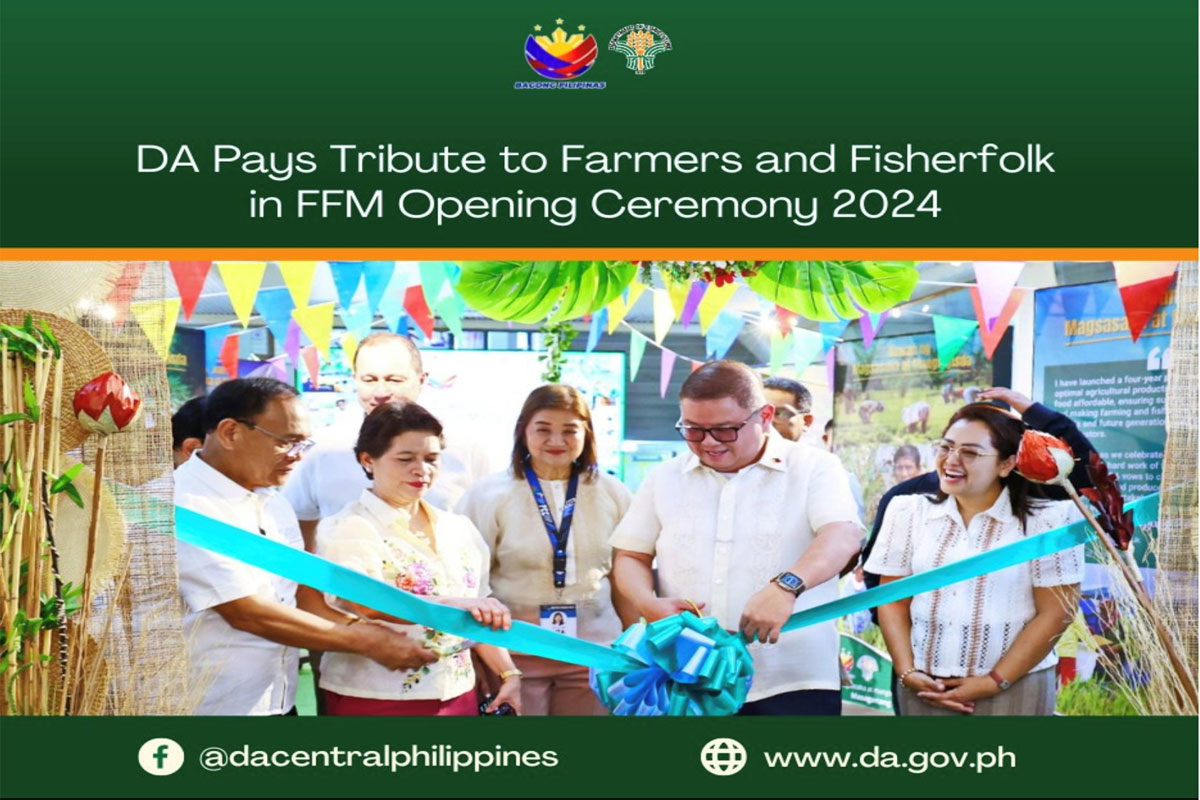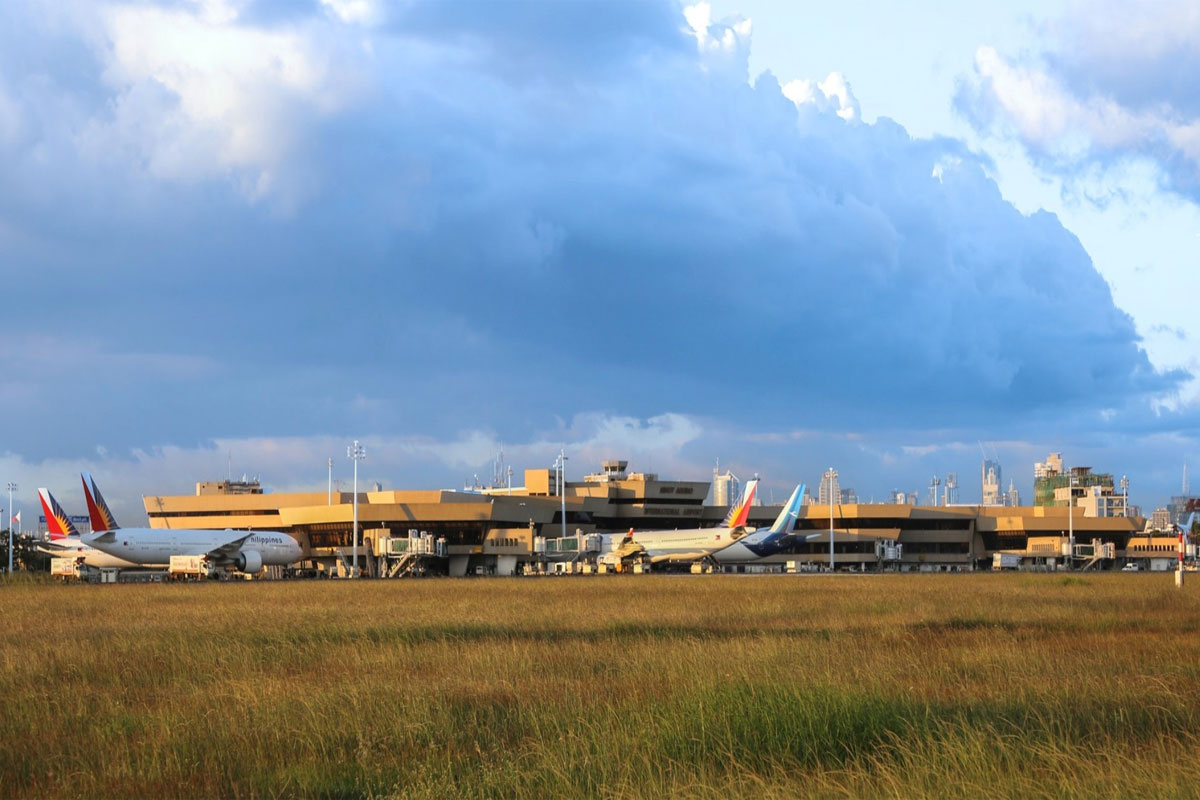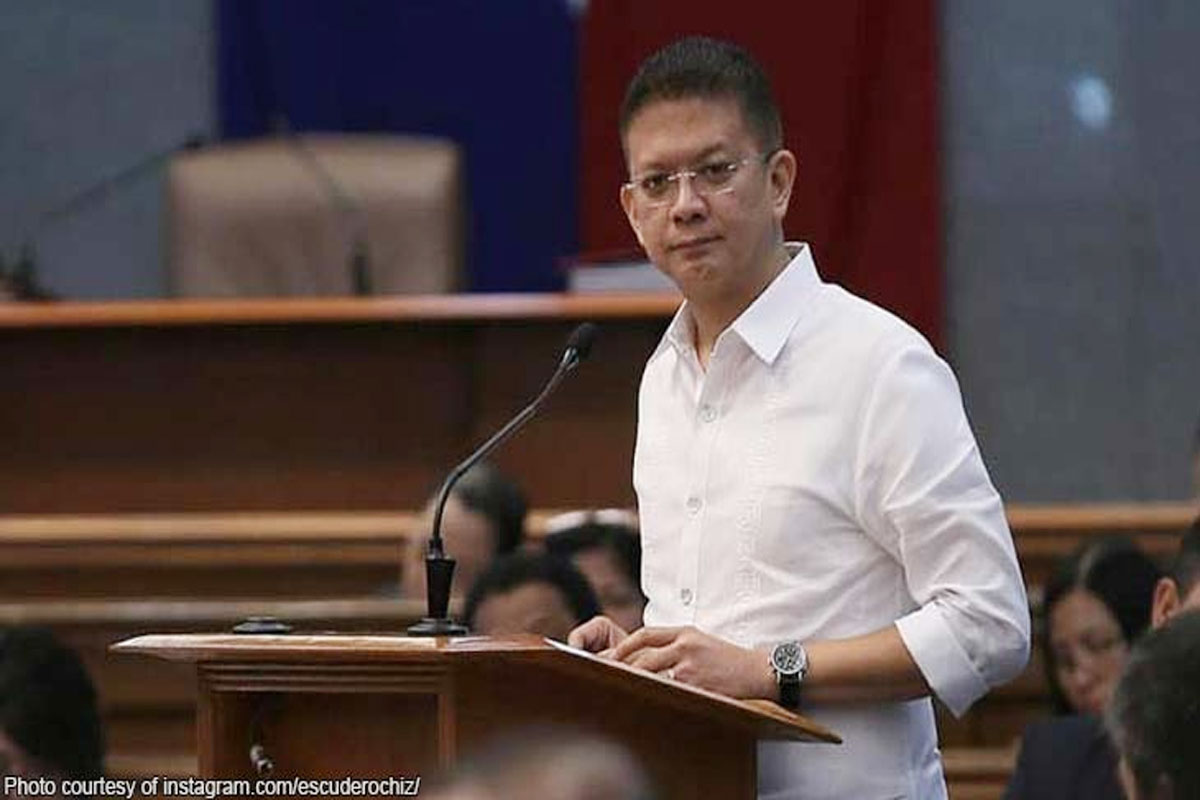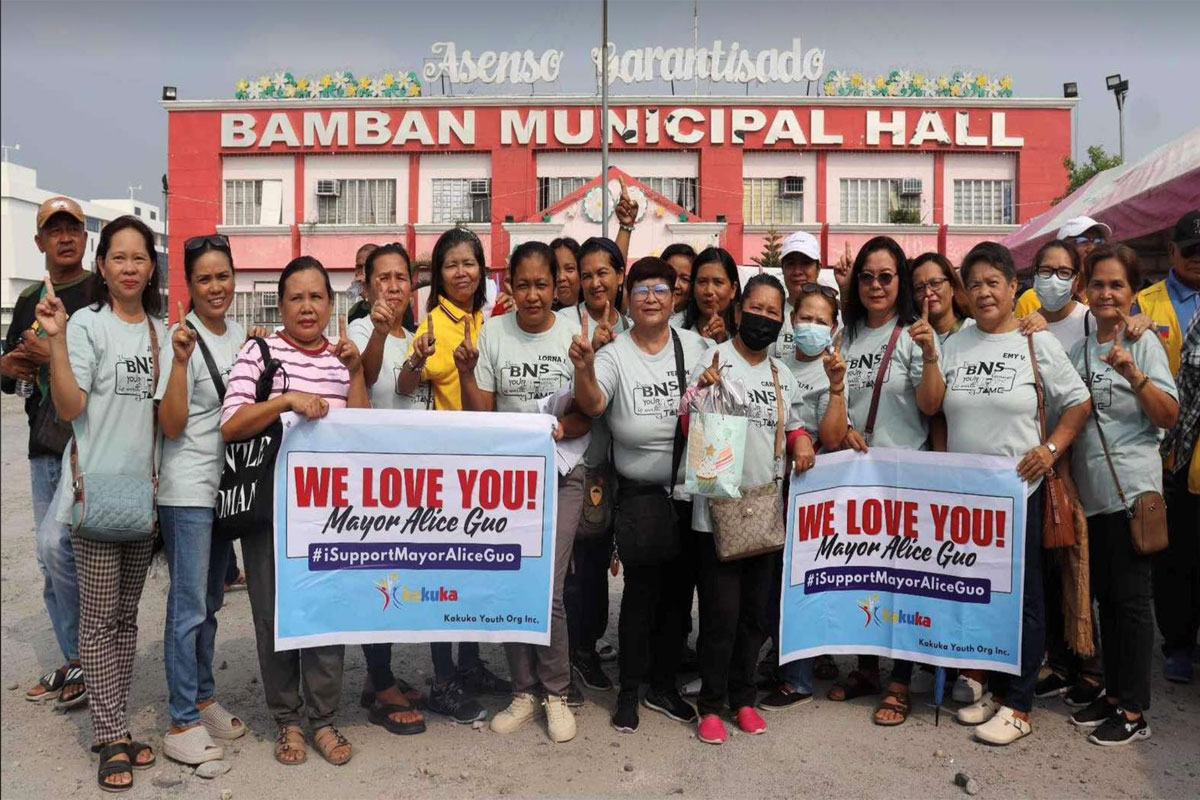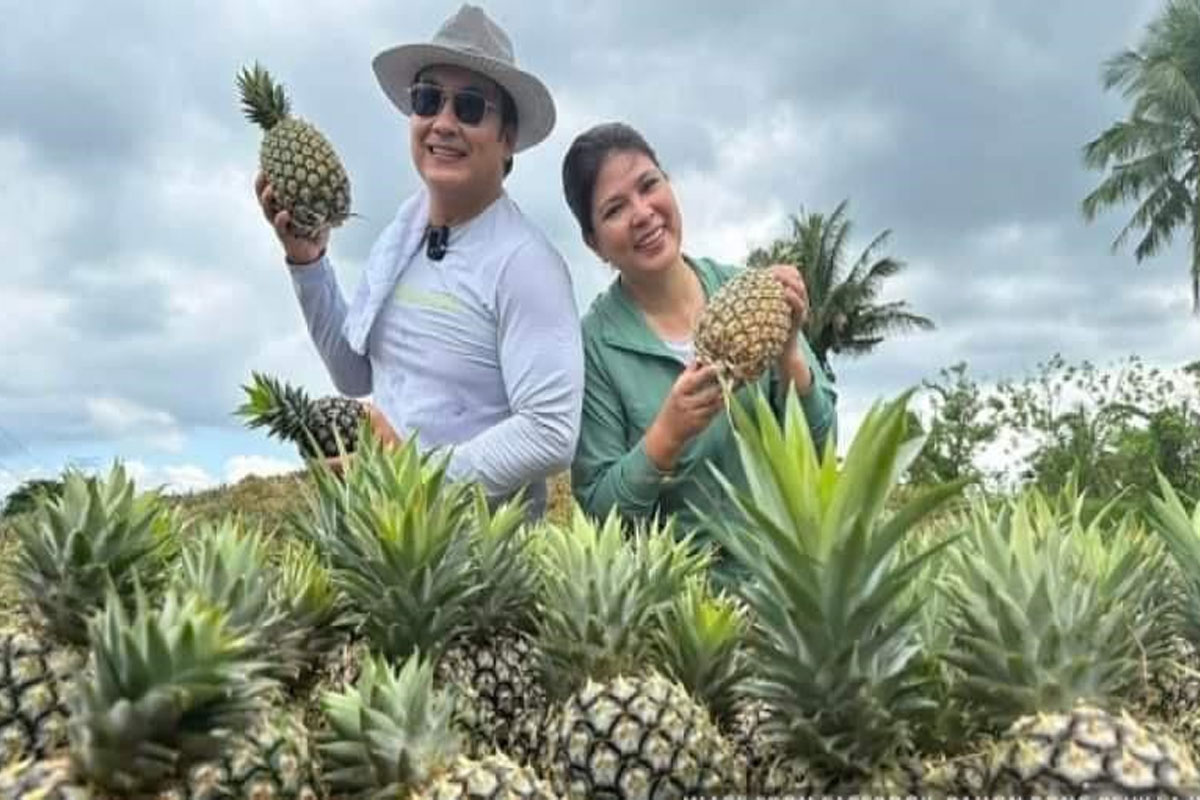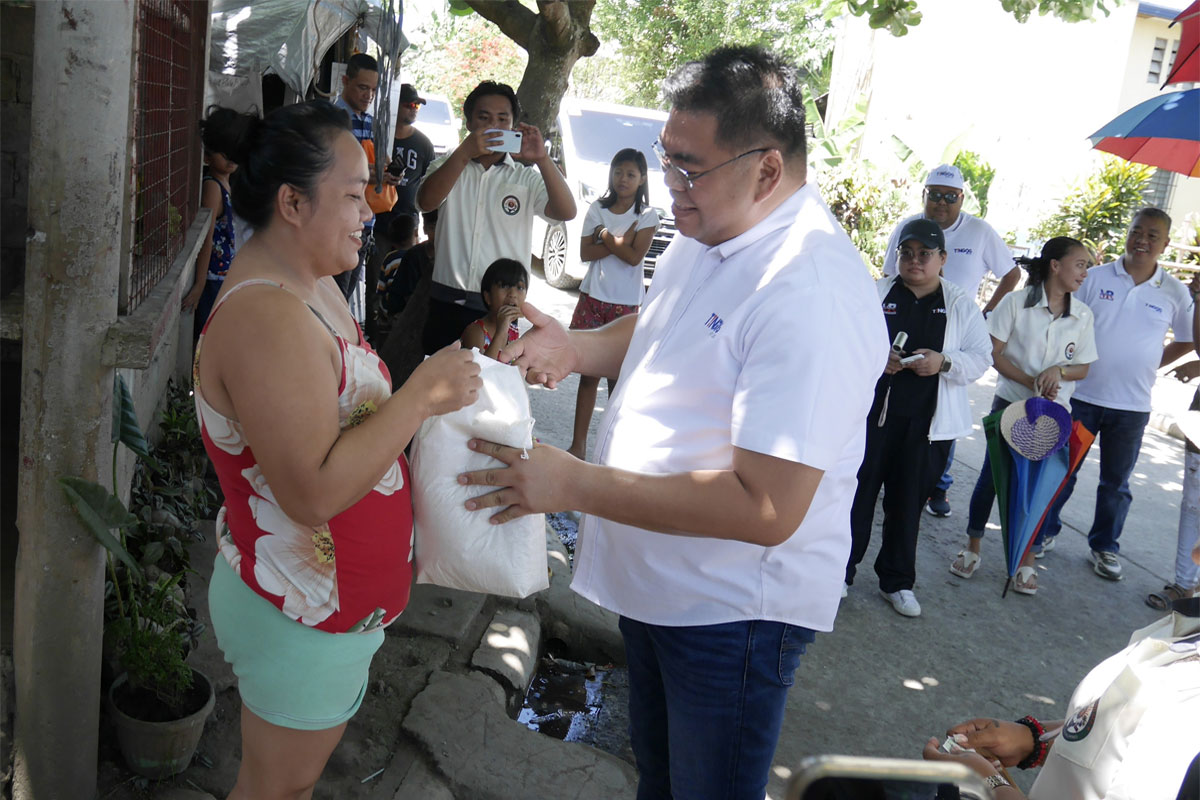
ICT use among farmers to boost rice productivity
The use of information and communication technologies (ICTs) among rice farmers must be further promoted to improve their farm productivity.
This was stressed by the Department of Agriculture-Philippine Rice Research Institute (DA-PhilRice) as it pushes for the mobilization of infomediaries in increasing the use ICTs, which is aligned with the ONE DA framework towards modernization.
In its latest Rice Science for Decision-Makers issue, “Digital agriculture-how do we make it work?”, the DA-PhilRice has recommended the employment of professional infomediaries in municipal agriculture offices, possibly from K-to-12 agriculture track graduates, to make digital agriculture more inclusive.
Other possible sources of agricultural infomediaries include state universities, colleges and youth organizations.
Based on the results of the 2016-2017 Rice-Based Farm Households Survey, it noted that while ICT access of farmers is high at 93 percent, the percentage of those who use ICTs as tools in their rice cultivation is only 31 percent.
To address this, the DA-PhilRice conducted the Infomediary Campaign from 2012 to 2017 to develop a breed of infomediaries (which come from the words information and mediation) to aid rice farmers in optimizing the use of ICT to improve their farm productivity.
The campaign results showed that ICT anxiety among farmers can be reduced by engaging students. This strategy can also increase the use of existing rice farming technologies.
In the campaign, more than 200 high schools all over the country served as infomediaries for farmers in their respective communities who used the PhilRice Text Center (PTC) and Pinoy Rice Knowledge Bank (bit.ly/3PhilRKB) as ICT platforms for extensive rice farming information.
From 2012 to 2016, the project recorded about 20,000 text inquiries sent to PTC from student-infomediaries about rice varieties, general information, and nutrient and pest management.
The infomediary campaign team, led by Dr. Jaime Manalo IV, also noted that mobilizing infomediaries could influence the information-seeking behavior of farmers. Their study reported an increase in text messages sent by farmers from Tacurong City, Sultan Kudarat when they discovered the PTC from student-infomediaries. Currently, youth-infomediaries still send inquiries to the PTC.
Through lessons taught and information gathered from the Pinoy Rice Knowledge Bank, student-infomediaries shared their learnings on climate change to their farmer-parents. In turn, the farmer-parents also shared this information to their co-farmers.
With the campaign results, the DA-PhilRice also recommended the inclusion of agriculture lessons in high school curricula to underscore the importance of agriculture in the youth sector while agriculture extension workers must be trained and kept updated on the latest ICTs.
While the PhilRice campaign engaged high school students as infomediaries, Manalo emphasized that anyone can be an infomediary.
“It is just wise to start with young people given their tech-savvy nature,” he concluded.



